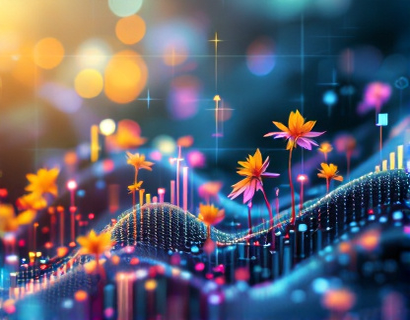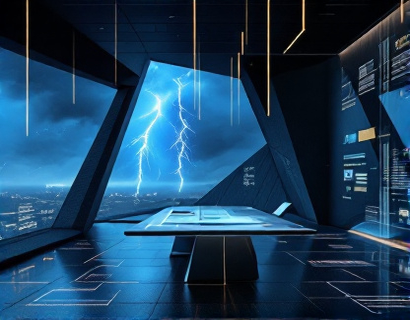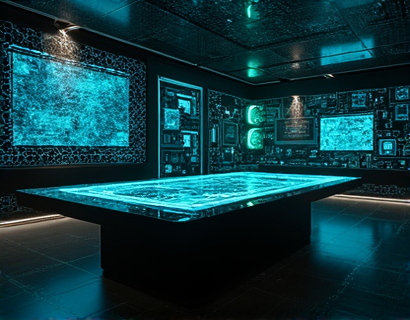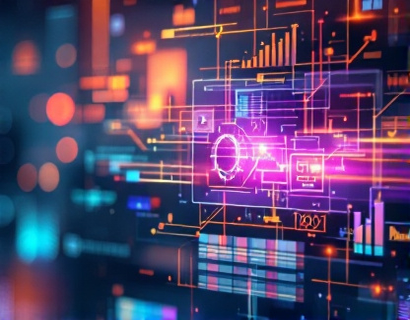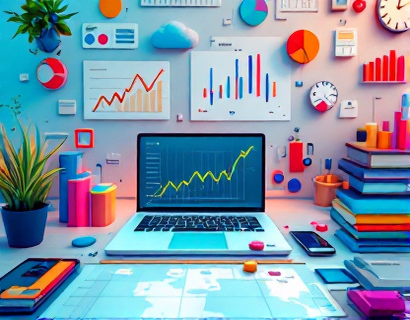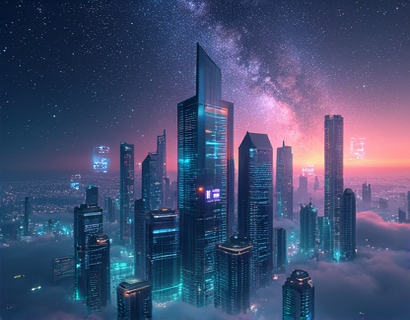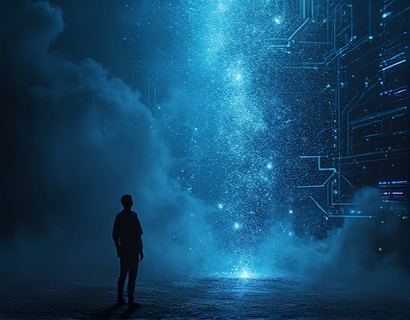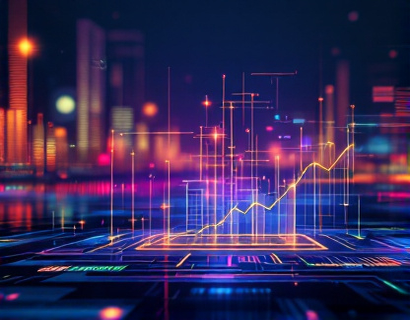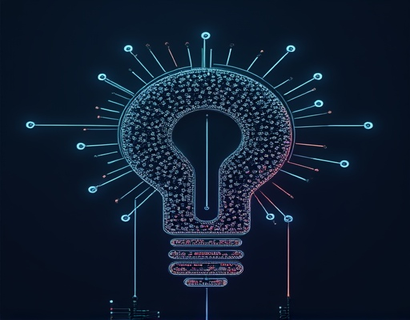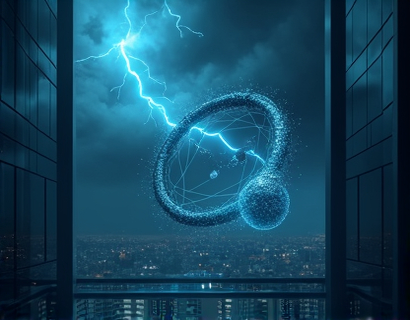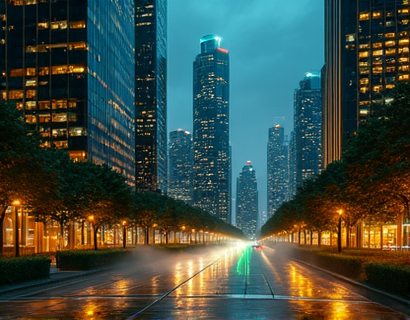Unlocking Creative Potential: Harnessing AI for Advanced Music Composition and Production
The integration of Artificial Intelligence (AI) in music composition and production has opened new avenues for creativity and innovation. This technological advancement has the potential to revolutionize the way musicians and music creators approach their craft. By leveraging AI tools, artists can streamline their composition and production processes, enhancing both creativity and sound quality. This article delves into how AI is transforming music creation, offering insights and strategies for professionals and emerging artists to harness these tools and elevate their artistic vision.
Understanding AI in Music Creation
AI in music creation refers to the use of algorithms and machine learning models to assist in various aspects of music production. These tools can generate melodies, harmonies, and even entire tracks, providing musicians with new ways to explore and express their creativity. The core of AI music creation lies in its ability to analyze vast amounts of musical data, identify patterns, and apply this knowledge to generate novel musical ideas. This capability not only saves time but also inspires creators by introducing them to unexpected and innovative musical concepts.
Streamlining Composition with AI
One of the most significant benefits of AI in music composition is the ability to accelerate the creative process. Traditional composition methods often involve extensive trial and error, with artists spending hours crafting a single melody or chord progression. AI tools can significantly reduce this time by quickly generating multiple variations of a musical idea. For instance, a musician can input a basic melody, and the AI can produce several harmonized versions, allowing the artist to choose the most compelling one or combine elements to create something entirely new.
Moreover, AI can assist in overcoming creative blocks. When faced with a challenging composition, artists can use AI to suggest alternative directions or solutions. This feature is particularly valuable for professionals who might feel stuck in a creative rut, as it provides a fresh perspective and stimulates new ideas. The intuitive interfaces of these tools make it easy for users to interact with the AI, adjusting parameters and refining suggestions to better align with their artistic vision.
Enhancing Sound Quality through AI
Beyond composition, AI plays a crucial role in enhancing the sound quality of music productions. Digital Audio Workstations (DAWs) integrated with AI capabilities can offer advanced mixing and mastering features. These tools analyze the audio signals in real-time, adjusting levels, equalization, and compression to optimize the sound. This automation ensures a professional-grade finish without requiring extensive manual intervention, allowing artists to focus more on the creative aspects of their work.
AI can also simulate high-end hardware and plugins, providing access to premium sound quality even on budget-friendly setups. For example, an artist using a basic computer can achieve studio-quality mixing by leveraging AI-driven plugins that mimic the characteristics of expensive hardware. This democratization of high-quality sound production empowers a broader range of creators to produce music that rivals professional standards.
Collaboration and Remote Work
The rise of AI in music creation has also facilitated greater collaboration and remote work. Cloud-based AI music tools enable multiple artists to work on a project simultaneously, regardless of their physical location. These platforms often include features like real-time collaboration, version control, and communication tools, making it easier for bands, producers, and solo artists to collaborate effectively. AI can even assist in managing these collaborative efforts by suggesting optimal workflows and ensuring that all contributions are seamlessly integrated.
Furthermore, AI can help in matching musical styles and genres, allowing artists to experiment with different sounds and collaborations. For instance, a pop artist can use AI to blend their track with elements of electronic or hip-hop, creating a unique fusion that appeals to a wider audience. This flexibility in genre and style exploration is a powerful tool for artists looking to expand their creative horizons and reach new listeners.
Personalization and Customization
One of the most exciting aspects of AI in music creation is its ability to offer personalized and customized experiences. AI algorithms can analyze an artist's past work and preferences to generate suggestions tailored to their unique style. This personalization extends to the creation of virtual instruments and sounds, where AI can craft custom presets based on the artist's specific needs and preferences. Such tailored tools enhance the creative process by providing resources that are finely tuned to the artist's artistic identity.
Additionally, AI can assist in creating music that resonates with specific audiences. By analyzing listener data and preferences, AI can suggest modifications to a track to better align with the target demographic. This data-driven approach ensures that the music not only reflects the artist's vision but also connects with the intended audience, increasing its potential for success.
Educational Resources and Learning
For emerging artists and those new to music production, AI provides valuable educational resources. Many AI music tools come with built-in tutorials and guides that walk users through the basics of composition and production. These resources are particularly beneficial for beginners who might find traditional learning methods overwhelming. AI-driven tutorials can adapt to the learner's pace, offering step-by-step instructions and interactive exercises to reinforce understanding.
Online platforms and communities centered around AI music creation also offer a wealth of knowledge and support. Forums, webinars, and workshops led by experienced musicians and AI experts provide opportunities for artists to learn from others, share insights, and stay updated on the latest trends and techniques. This community-driven approach fosters a collaborative environment where creativity and innovation thrive.
Ethical Considerations and Future Prospects
As AI becomes more integrated into music creation, it is essential to address ethical considerations. Questions around authorship, originality, and the role of human creativity in AI-generated music are increasingly relevant. While AI can generate impressive musical content, the emotional depth and personal touch that human artists bring to their work remain irreplaceable. The future of AI in music lies in enhancing and augmenting human creativity, rather than replacing it.
Looking ahead, the integration of AI in music creation is expected to become even more sophisticated. Advancements in natural language processing and generative models will likely lead to more intuitive and user-friendly tools. The potential for AI to assist in live performances, such as real-time accompaniment and interactive soundscapes, is also on the horizon. These developments promise to further expand the creative possibilities for musicians and producers.
Conclusion
The incorporation of AI in music composition and production represents a significant leap forward in creative technology. By streamlining the creative process, enhancing sound quality, facilitating collaboration, and offering personalized tools, AI empowers artists to push the boundaries of their art. Whether you are a seasoned professional or just starting your musical journey, embracing AI tools can transform your approach to music creation and unlock new levels of creativity and innovation. As the technology continues to evolve, the future of music creation looks brighter and more exciting than ever.





